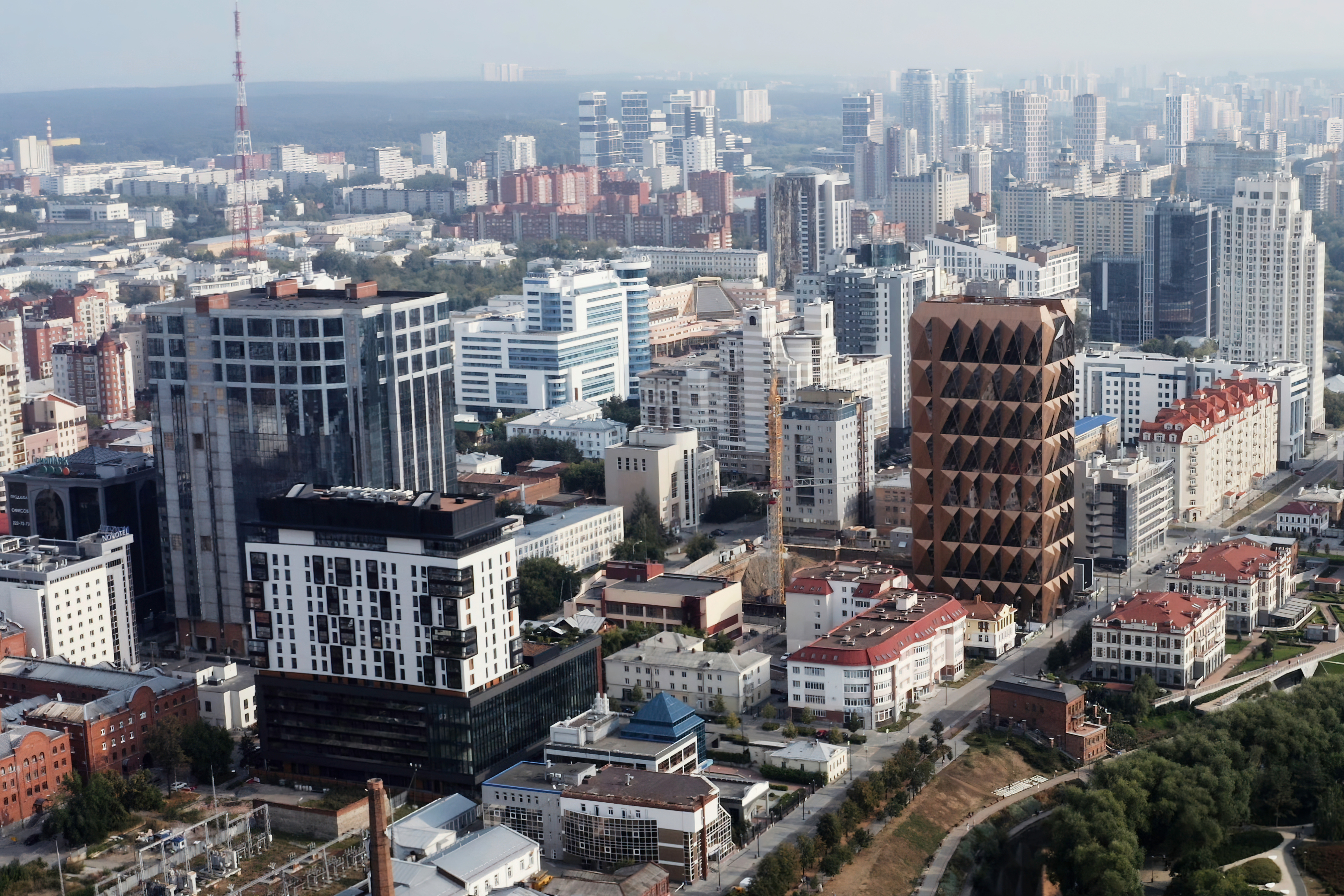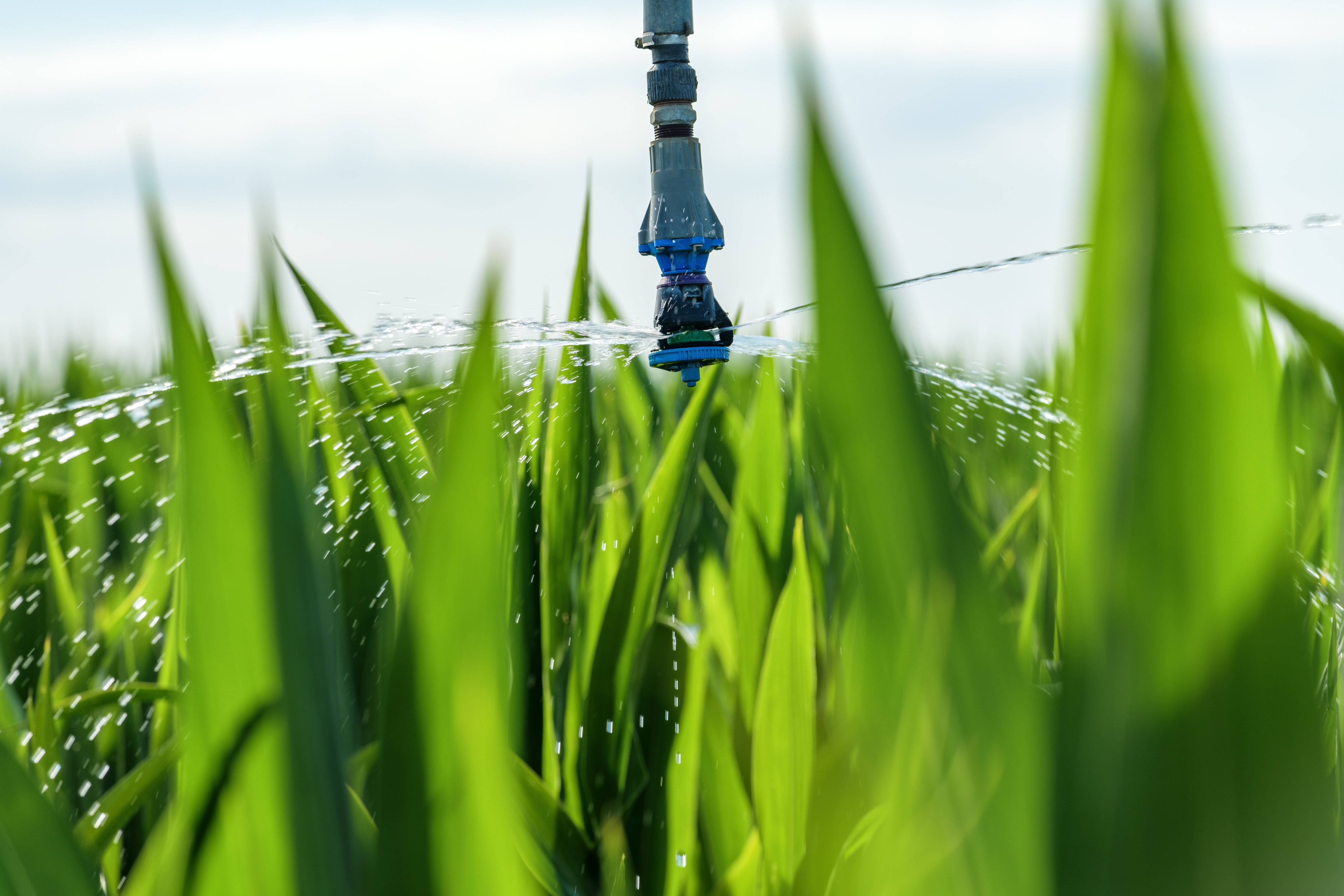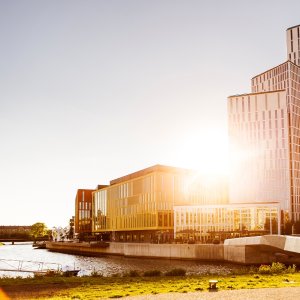Without water, there are no communities, ecosystems, or future. Sustainable water management is today a global challenge and an opportunity to drive climate resilience, protect biodiversity, and strengthen local economies. In this article, we want to explore how every drop of water can transform our present and ensure a sustainable tomorrow.

Without water, there are no communities, no ecosystems, no future. Water is more than a resource. It is the memory of the Earth, the architecture of landscapes, and the silent pulse of our cities. Where water flows, bonds, cycles, and life thrive. Understanding it from this perspective—beyond the faucet or the bottle—is the first step toward true sustainable water management, capable of connecting sustainability, climate resilience, and human well-being.

Every drop counts, and every action matters.
The water footprint of our daily lives is immense. A tomato, a T-shirt, or a hotel stay hides liters and liters of virtual water. Every consumer choice is also a decision about how we use and manage freshwater. The circular water economy (reduce, reuse, regenerate) becomes a lever for change, where hotels that reuse gray water, neighborhoods that absorb rain, or industries that share closed-loop systems show that every drop can be transformed into real sustainability.

We consume millions of liters per day. Sustainable water management is no longer optional.
On a planet already facing water stress in multiple regions, efficiency in water use and reuse is essential. Sponge cities—with permeable pavements, floodable parks, and green roofs—are an example of how to design resilient infrastructures that reduce flooding, recharge aquifers, and cool urban air. These nature-based solutions show that protecting water is not just about engineering, but also about public health and quality of life.

Reduce, reuse, and regenerate are keys to resilience.
Regenerative agriculture and restorative aquaculture show that producing food can also mean producing water. Farming with covered soils, hedgerows, or crop rotations promotes moisture infiltration into the soil, while regenerated marshes and estuaries offer an aquaculture model that restores habitats and generates local employment. These approaches show that sustainable water management is closely linked to food security and biodiversity conservation.

Water sustainability drives local economies and protects biodiversity.
Water sustains both human communities and entire ecosystems. Restored riverbanks, wetlands that filter water, dunes that protect, and forests that trap sediments are low-energy, high-value solutions. Investing in them also means boosting local economies, responsible tourism, and educational activities that strengthen the relationship between people and their natural environment.

Integrating water management into ESG and SDGs is a competitive advantage.
Today, sustainable water management has also become a key factor in corporate sustainability leadership. Hotels, destinations, and companies that measure their water footprint, regenerate resources, and apply clean technologies strengthen their commitment to the United Nations Sustainable Development Goals (SDGs).
Biosphere promotes and certifies these practices through its management tool, which transforms commitments into verifiable results and ensures that organizations advance in line with ESG criteria. These criteria—Environmental, Social, and Governance—allow us to evaluate the sustainability and impact of an organization on the world, beyond financial performance.

Caring for water ensures authentic experiences.
In tourism, water becomes the common thread of experiences that care for the planet. Accommodations that capture rainwater, interpretive trails that explain the water history of cities, or birdwatching activities in wetlands that respect breeding cycles are examples of sustainable tourism that place water at the center. Thanks to smart planning and technologies such as artificial intelligence, it is possible to reduce tourist pressure on fragile ecosystems without losing the magic of the experience.

Protecting water is protecting the future.
Water is life, culture, and resilience. Safeguarding every drop means safeguarding the future of our communities and ecosystems. Committing to sustainable water management means guaranteeing rights, preserving ancestral memories of water governance, and building more resilient cities and destinations. At Biosphere, we believe water is also a symbol of shared responsibility. That is why we work to ensure that more destinations, accommodations, and organizations integrate sustainable water management into their action plans, certifying their commitment through the Biosphere Certified label.
Water reminds us that sustainability and life are inseparable. Caring for it today ensures that future generations inherit a fair, livable, and beautiful planet.













